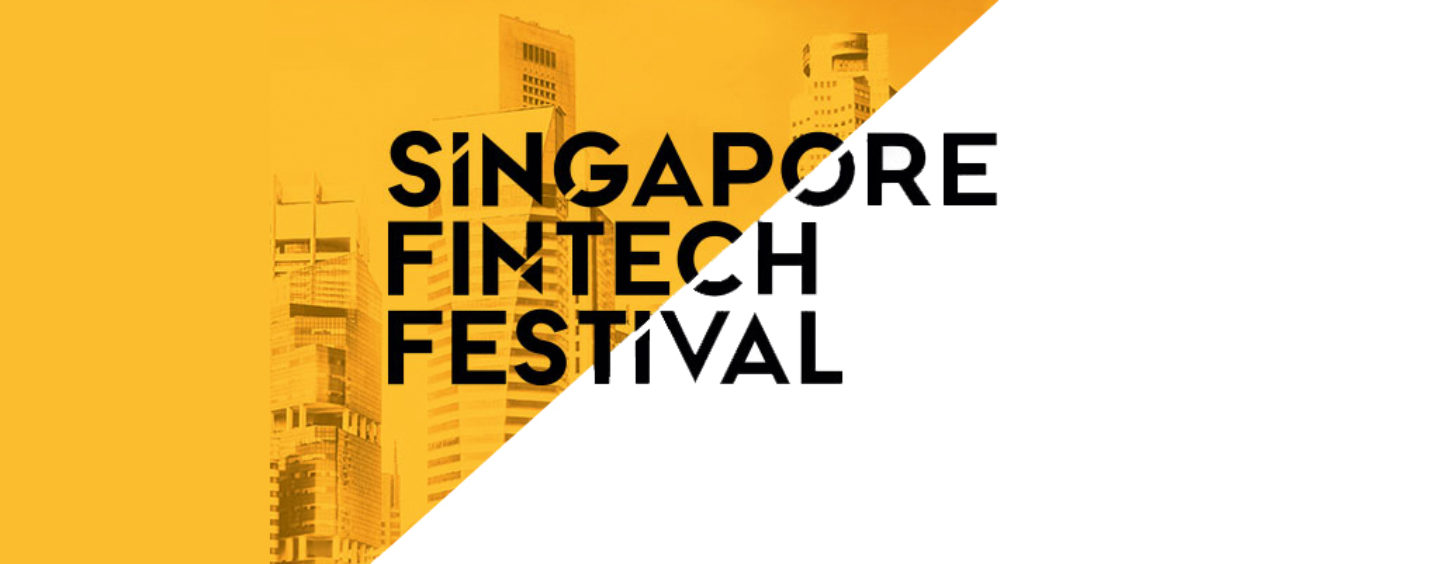
Israeli companies, through the Israel Innovation Authority, will continue to make waves in the Singapore FinTech Festival 2018, which will be held from Nov. 12-16
Over the years, the FinTech has developed a reputation for being the largest financial technology in the world. Last year, for instance, over 30,000 participants and exhibitors from 100 countries attended the conference. This year, organizers promise an even bigger event based on the commitments and pledges they already received just weeks ahead of the FinTech.
Both the Singapore and Israeli governments and the private sector recognized the potential for mutual collaboration to develop the startups, micro-enterprises, and small businesses in the two countries. And so in 1997, the Singapore Israel Industrial R&D Foundation (SIIRD) was created on the partnership between the Singapore Economic Development Board (EDB) and the Israel Innovation Authority.
The two entities pledged to promote and facilitate research and development collaboration, as well as fund grants for SME (small and medium enterprises). Beside these search grants for SME, other forms of support include matching R&D partners between Singapore and Israel.
The FinTech festival, which started in 2016, is a natural platform for Israel-based companies to showcase innovation and cutting-edge research. It’s also an opportunity for companies, leading experts in the field of financial technology and knowledge industry, and government officials to network not just with Singapore but also the other participating nations.
Here are some of the companies that are part of the official Israeli delegation that will attend the Singapore FinTech Festival 2018:
- AU10TIX Limited – The company is a specialist in customer onboarding innovations. It provides multi-channel and secure automated solutions for quick capture, segmentation, and conversion of documents and images into digital records. They help companies transition into paperless technology to minimize digital disruption.
- BioCatch Ltd. — Founded in 2011, the company quickly climbed to become one of the foremost cybersecurity experts in Israel, providing companies with the necessary tools to enhance fraud detection and security. The specialist uses a technology that incorporates human behavior and patterns into its analytics in the hope of finding an anomaly.
- Capitalise Ltd. – This Tel Aviv company is quite young since it was founded only in 2014. Since then, their financial trading software is now being used by thousands of traders and brokers to automate trading scenarios. This allows them to free up their time because they are not in front of the computer at all times. What makes the platform different is it uses human language in its interface, which makes it easily understood even by the casual trader.
- COTI – Currency of the Internet – This digital network offers an alternative to make secure and instant payments. The fees and charges range from very low to zero, which makes it very attractive for businesses and individuals. The high Trust Scoring Engine and open buyer-seller protections make for a very secure system. It’s designed not just for merchants but also to support government transactions and decentralized payment networks.
- EZSave – EZSave is a bill negotiation software that will help people get out of debt. It will analyze the user’s usage and spending patterns, and also help scour for the best repayment plans in the market. It will also track your bills to find out where you can maximize your resources for future savings. You can save on your utility payments, Wi-Fi, rent and mortgage, as well as gas money. Since it was launched in 2016, the platform already has more than 150,000 downloads and 60,000 users in Israel. The company aims to expand in Singapore, as well as the US and Australia.
- PayKey – This is a mobile P2P and social banking solution using its patented mobile banking keyboard. The system integrates with most mobile banking solutions, which provides great flexibility to users to access services like balancing the check, requesting payment, initiating P2P payments, cash withdrawals, and others. There’s no need to shift from one app to the next when you need to access another financial service.
- SegaSec — The cybersecurity firm is a leading Israeli firm that specialises in intelligence gather and anti-phishing. It not only helps companies detect phishing attempts, but it will also take down attack sites. There’s no need to install a system or onboard your systems onto a platform, and you get instant protection 24/7.
- I Know First – The patented AI technology helps with more accurate forecasting to help companies with their investments in the stock market.
- CyberInt – This company specialises in mitigating threats for the companies in light of all the vulnerabilities that are inherently present in digital networks. The company does this through its Argos™ technology, which is an SaaS platform with very powerful detection and response technology to counter phishing, hacking, and DDoS attacks.
- Cred – The company aims to change the way financial institutions manage wealth and conduct investment advisories to their clients. The platform also helps identify leads and increase client conversion.
- PayMe – The white-label platform provides an avenue for banks and other financial institutions to offer a wide range of payment solutions. The platform can be configured to carry the brand and it’s completely autonomous so you don’t have to integrate it with the other platforms.
- Reach – This customer engagement platform will help companies enhance customer experience with ready-made tools that can be tailored to fit their requirements.
Those are the Israeli-based companies that will be holding exhibits in the Singapore FinTech Festival 2018 from Nov. 12-16. They hope to collaborate and partner with local companies to expand their reach in Singapore.

